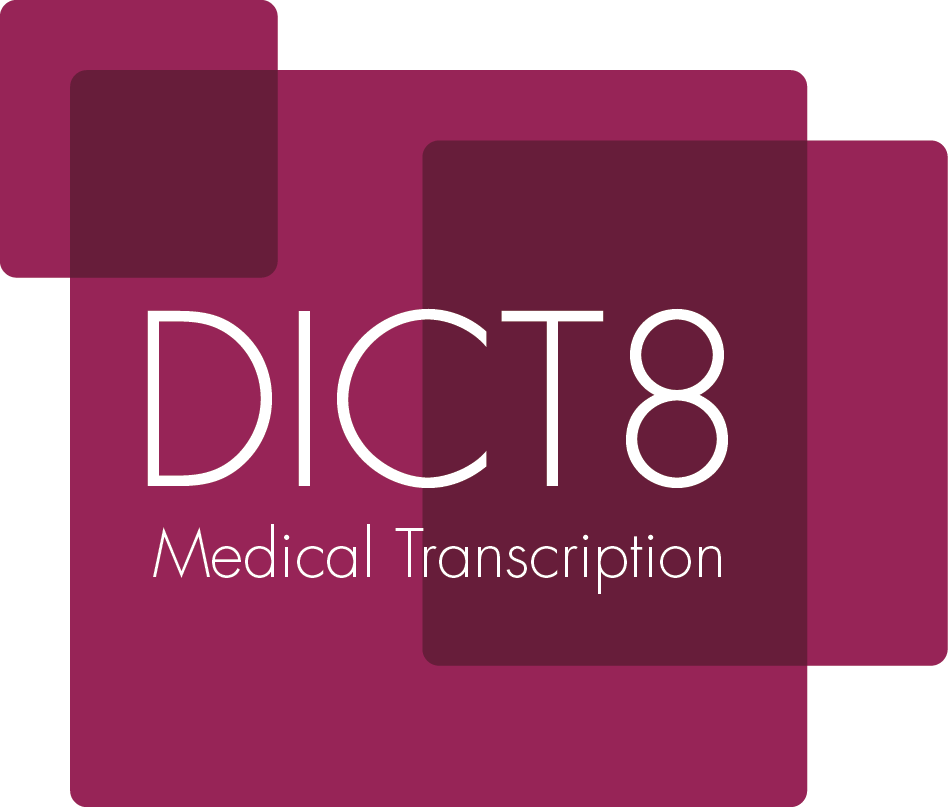Case study: Article from the The British Society for Human Genetics
In theory voice recognition is a great idea: it should enable quick and This is an abridged version of the article that original appeared in issue 38 of the British Society for Human Genetics Newsletter.
Finding Options for the Typing of Clinic Letters
Each year when our Trust scrutinises our budget, apart from salaries it is the quantity of paper that we go through that causes the most comment. “What do we do with it? where does it go?”, are amongst the questions. I emphasise that this is what we do; we write to the many people involved in the management of the complex, multi-system conditions that we see. In mitigation, I point out that we have no drugs budget and communication in genetic counselling is our fundamental raison d’etre. With this goes typing and lots of it, bundles of notes and tapes that overflow our office shelves. We have had six or at times, eight week backlogs for letters going out when staff illness, especially the risk of repetitive strain injury (RSI) or holidays impact on the service.
So there we were in middle of 2007, up the creek without either a paddle or a typewriter in sight. We needed a fix and quickly and agency staff were proving expensive, of variable quality and unimpressive reliability. We had heard that some clinical genetics centres around the country were using overseas typing agencies to handle their work and on our behalf the Trust explored this. We made the stipulation however, that we wanted it to be UK based to maximise the quality of the typing and their assurances for confidentiality. We were directed towards the Dict8 scheme (www.dict8.com) which quickly became very popular with our service. It has been easy to introduce, the quality of the returned material has been as good as anything previously typed in-house and the speed of return has been breathtaking, sometimes as little as two hours from dictation to delivery back via their website. The returned text still needs to be formatted into appropriate letters and printed out for signing and there is the cost of this Rolls-Royce service.
Initially the four Consultant Clinical Geneticists were equipped with hand-held digital recorders, (Philips 9360), but we quickly added four more for the SpRs and a further three to share amongst our genetic counsellors and trainees. The Phillips recorder is battery operated (a set of AAA batteries may last about 2-3 weeks) and does not need to be plugged into a computer to be used. It is very similar to a conventional hand-held cassette tape recorder and the dictation is stored on an easily accessible memory disc (about 1 inch square) that can hold more than 50 sets of clinician and patient letters. With digital dictation you can edit your dictation, insert additional text, mark and delete a passage even before it is sent for typing. Once dictated onto the memory disc, the voice files of these letters can be accessed, copied or deleted by connecting the digital dictaphone into the USB port of any computer in the same way that you would read a USB memory stick or a camera photocard. No special software is needed for this.
Dict8 have a dedicated website with password protected log-in for each member of staff. This allows us to upload our dictation into the dict8 secure workspace area. I finished one clinic at 5.30 pm and uploaded my dictation files at that time. It is very easy to see which dictation files have been uploaded, and then those dictated files that are in the process of typing. Returned files are tagged with the Genetics file number for that family and can be opened again via the password secured website into a Word document and saved in whatever format you choose. Clinicians can check their letters on screen at this point and make any minor changes that are needed. A secretary or clerical member needs to top and tail the letter into the desired style and format for your clinic service ready for signing and posting. Our liking for the system is its sheer simplicity, that you take to it so quickly and it is so user-friendly. The quality of the returned typing is excellent including genetics terminology. We are assured that all the typing is done in the UK by carefully vetted secretaries with several years experience of medical typing. An advantage for us is that letters can be composed with patient names and addresses, reducing the risk of merging anonymous text with potentially the wrong patient identifiers. It seems to work in all aspects providing one is confident of the integrity and confidentiality of the dict8 typists. We understand the typing staff work from home picking up the work via the secured website. They are self-employed and paid on a piece rate for the typing they return to the dict8 website. In fact one of our previous secretaries is now working for them!. The dict8 website and any work to be uploaded or retrieved can be accessed from any computer connected to the internet. Literally letters can be dictated from clinic in Crewe, uploaded in Upton and the letters will be ready in Liverpool, often within 12 hours. The speed up in our letter process has been truly phenomenal, without the need for any complex training or compromise in the quality of our letters.
Written by: Dr Ian Ellis FRCP BSc Consultant Clinical Geneticist. Text from the full article has been used with the kind permission of the author and the BSHG.
You can download the issue (38) here - the article is on page 44.

